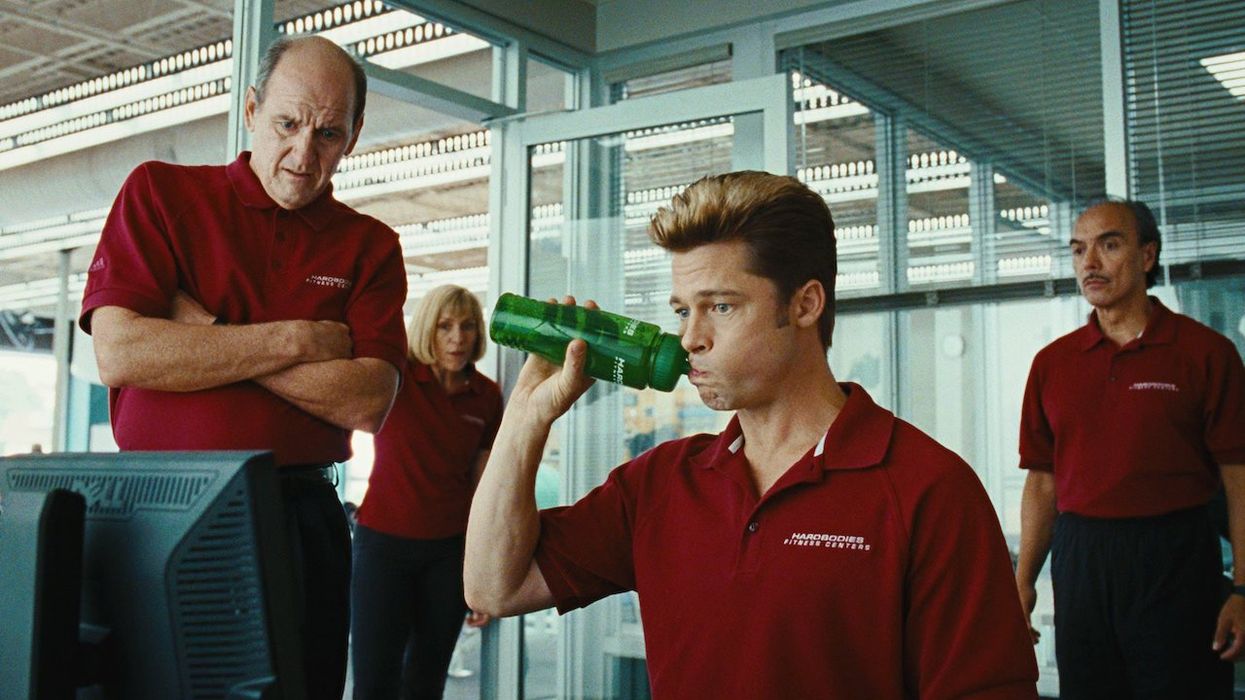
Focus Features

O Coen Brothers, where art thou?
One thing I've always admired about Joel and Ethan Coen is how lightly they wear their genius. They hardly ever give interviews, and when they do, they're pretty much just joking around. It's not that they're rude or pretentious about it — they'd just rather do their work than talk about it. Their reticence contrasts with the passion of hardcore CoBro heads (I count myself among them) marveling at how these middle-class Midwestern goofballs never miss.
Eighteen classics (give or take a few near misses) in 40 years is a good run, especially when you're working with a family member. I don't begrudge them their current time apart, but I can't say their solo work hasn't been a disappointment.
Joel and Ethan Coen are non-observant Jews, but the artist they most remind me of is devout Catholic Flannery O'Connor, whose works are also peopled with comical grotesques.
Joel's "Macbeth"? Hard to go wrong with the script, but anyone could've staged it. Ethan's new, 90s lesbian, crime caper "Drive-Away Dolls" is self-conscious and unfunny. (I could've told you that as soon as I saw Coen's wife and co-writer, Tricia Cooke, blabbing away in interviews about "queer identity" and "activist spaces.")
The Coen brothers are unsentimental technicians; they leave their own emotions out of it. Critics often mistake this for cruelty. They accuse the brothers of torturing their characters, watching with pitiless amusement as they meet their horribly violent ends. But their God-like detachment from the worlds they create is what makes spending time in them so rewarding.
2008's "Burn After Reading" opens with a view of the Earth from space and concludes with CIA boss J.K. Simmons half-heartedly attempting — and failing — to understand the point of all the convoluted intrigue we've just witnessed. "Report back to me when it makes sense," he shrugs.
Unlike Simmons, we understand why all of the comically flawed deep-staters (George Clooney as a cheating FBI agent obsessed with getting his cardio in; John Malkovich as a prissy, preening, Princeton-educated CIA guy) do what they do. They're too self-absorbed and arrogant to interpret any of the "intelligence" they stumble across correctly.
The result is much needless carnage. The movie doesn't tell us how we should feel about it, so we laugh at the absurdity, for example, when Brad Pitt's idiotically overconfident personal trainer ("He thinks it's a Schwinn!") gets in way over his head. Or when the only halfway likeable character (a defrocked-Orthodox-priest-turned-Hardbodies Gym-manager played by a soulful Richard Jenkins) embodies the old adage that no good deed goes unpunished.
Would our frantic attempts to make sense of things look any more competent if viewed from above? "Burn After Reading," with the most blinkered and bumbling spooks this side of Russiagate, makes us wonder. Joel and Ethan Coen are non-observant Jews, but the artist they most remind me of is devout Catholic Flannery O'Connor, whose works are also peopled with comical grotesques. Human existence is a conspiracy none of are clever enough to untangle on our own. Once you get past the hilarity, watching "Burn After Reading" turns out to be quite humbling.